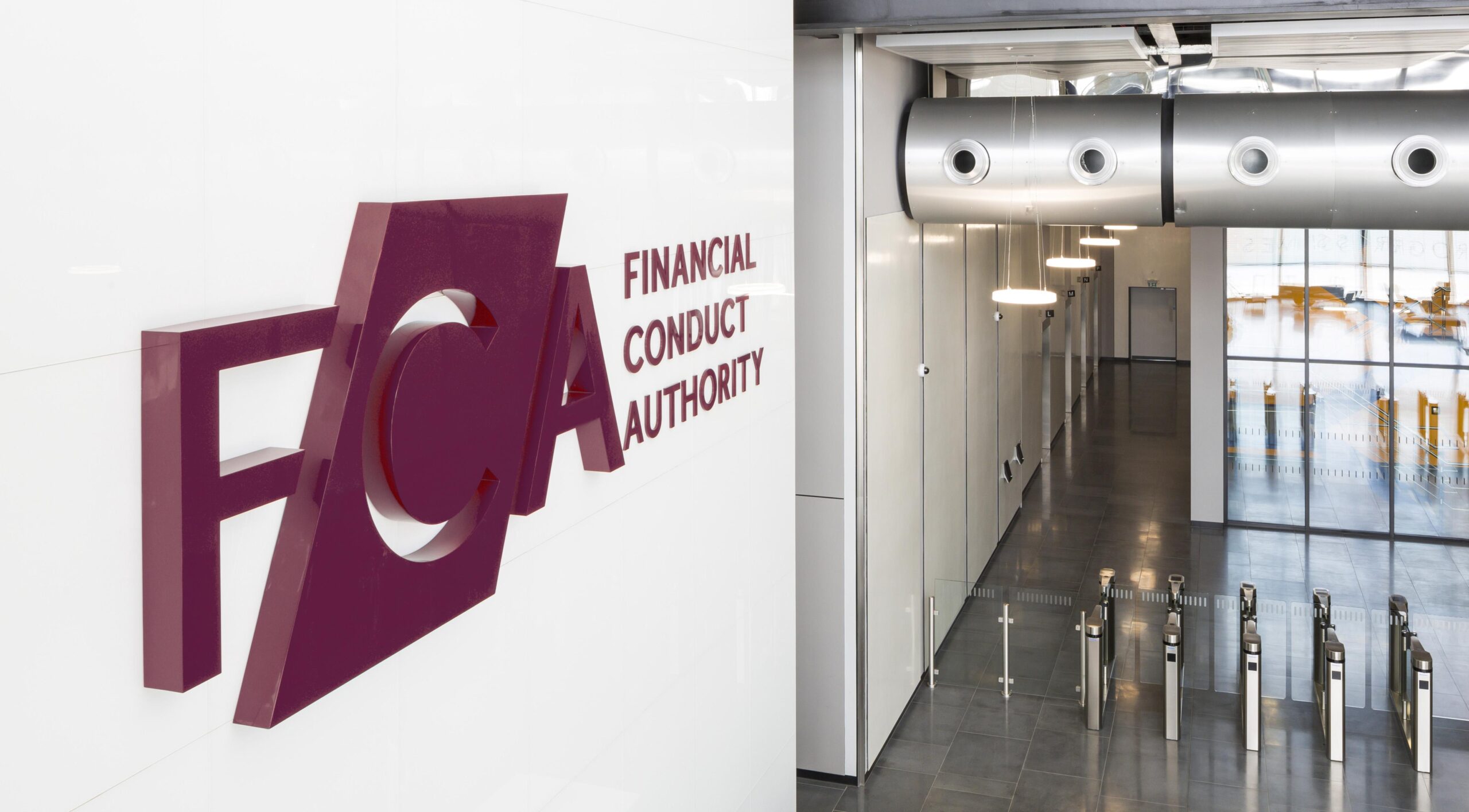City watchdog ramps up scrutiny of P2P platform wind-down plans
Peer-to-peer lending platforms must confirm that they have a robust wind-down plan and sufficient liquid resources, or risk being told to stop operating by the City regulator.
The Financial Conduct Authority (FCA) has written to peer-to-peer lending platforms and equity crowdfunding firms, outlining its key concerns and expectations.
It said that “the current economic environment, with sustained high interest rates and cost-of-living crisis, is increasing financial pressures on firms and the risk of disorderly wind-down remains a prominent concern to us”.
Read more: FCA crackdown leads to 19pc fewer ARs
The FCA said it expects platforms, at least annually, to complete an assessment of adequate liquid resources that would facilitate an orderly wind-down; to ring-fence these resources for the sole purpose of a wind-down; and to conduct a review of its wind-down plan for suitability.
“We will continue to ask firms for their wind-down plans through our supervisory work,” the FCA said in its letter.
“Where we determine that a firm has not adequately prepared for an orderly wind-down, or where we think there are insufficient levels of capital or liquid resources, we will not hesitate to require an injection of capital and consider whether it is still appropriate to continue offering new loans to retail investors.
“To underpin this work we are asking firms to complete a Self-Certification Attestation, which is a firm’s formal statement that it will take, or has taken, any action we require. This should be signed by the most appropriate senior individual(s) who has the necessary oversight to ensure the required actions are completed.”
Firms have been asked to inform the FCA of which senior individuals will be accountable and then to complete a form to confirm that the review has been carried out.
The FCA also highlighted expectations around the new Consumer Duty, which requires firms to put the needs of its customers first and deliver good customer outcomes.
“We have come across examples where borrowers seek to raise loans for a number of inter-connected entities on platforms,” the FCA said. “Given the risks to consumers where this does happen, platforms need to be very clear that the decision to promote the loan is appropriate and that the appropriate controls are in place.
“For example, any conflicts of interest need to be managed properly to avoid foreseeable harm. This is because investors in these multiple loans could be exposed unknowingly to concentration risk and a higher risk of greater losses from multiple defaults, as a result of contagion amongst the connected portfolio of loans.”
Additionally, the FCA raised concerns regarding platforms’ compliance with the stricter financial promotion rules that were introduced in 2022.
“An example of this is we recently wrote to all firms in the crowdfunding portfolio regarding concerns that firms could be misusing the one off non-real time communications exemption (article 28 of the FSMA 2000 (Financial Promotion) Order 2005),” it said. “We stated that we have come across instances where certain promotional information relating to an issuer’s business is made available to retail investors upon request and treated as purportedly outside the scope of application of FCA rules.
“It is our view that these ‘restricted documents’ do form part of the financial promotion and require appropriate due diligence. Moreover, it is clear that a firm’s reliance on the exemption when the relevant conditions are not met, simply to avoid regulatory obligations owed to retail investors would breach the requirements of the Consumer Duty. We remain engaged with firms that indicated they do make use of this exemption to determine if they are using it correctly.”
Read more: City watchdog cracks down on social media promotions
In an FCA statement, Lucy Castledine, director of consumer investments, said: “We have today written to loan-based P2P lending firms and investment-based crowdfunders setting out our expectations on the key issues we want to address in these sectors.
“This includes ensuring these firms are meeting their obligations to investors under the Consumer Duty, that they are complying with our new financial promotions rules for high-risk investments, and that they are financially resilient to potential shocks.
“We expect firms to work with us to address risks in the market and to protect consumers, and we will not hesitate to act where we have concerns.”





